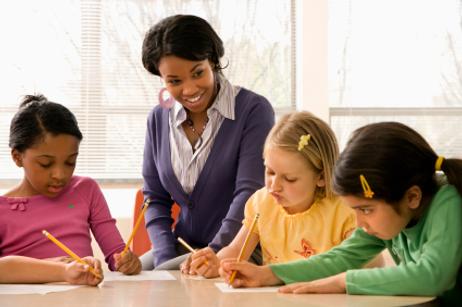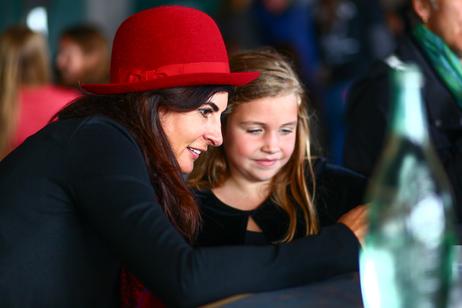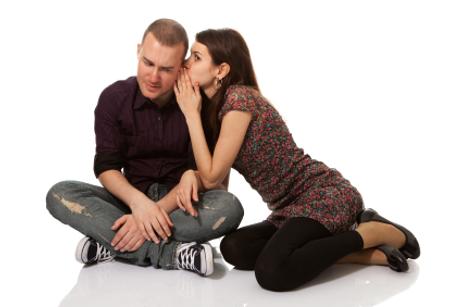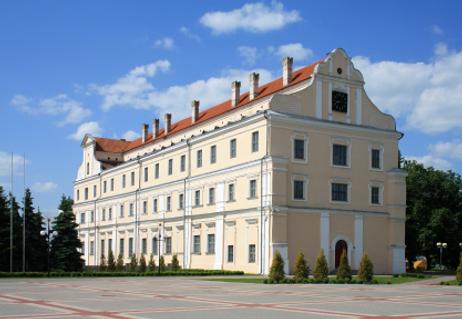This is the first of three articles addressing the advantages of sending your child to private school. Private schools offer several advantages specific to students, of which you, as a parent, need to be aware. Here are three of them.
1. Your child will build a network of friends that she will have for life.
Some may wonder why I would put this benefit for students at the top of my list. That's because I sincerely believe networking is the key to success in almost everything. Because most private schools are relatively small communities - the typical private high school is about 350 students - your child will have a perfect chance of getting to know almost everybody in the school community, especially her classmates. While your child may come from an entirely different background, perhaps even country, from her classmates, she will get to know everybody in the classroom, on the playing field, and on the stage. With social media such as Facebook, Twitter, Flickr, Instagram, and LinkedIn providing instantaneous communications, it is relatively easy to keep that high school network of friends going after she graduates.
This close-knit network of friends from school will help open doors for years after she graduates. The bonds of friendship developed in private school are an essential advantage for a private school student as she begins her career.
Private schools can build team spirit and school pride because everybody is on the same page. Remember: you chose the school, and



























